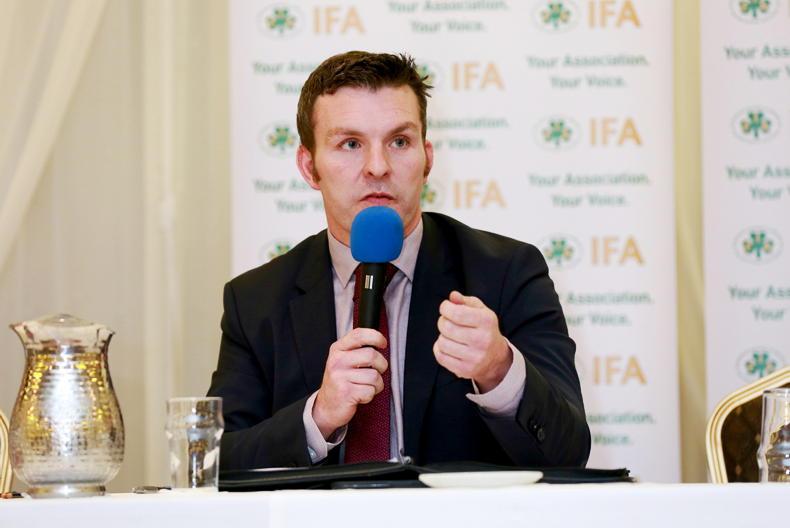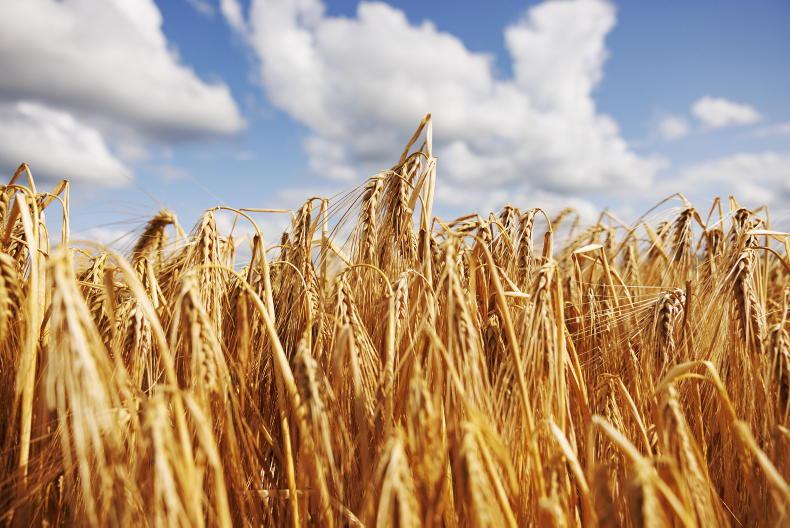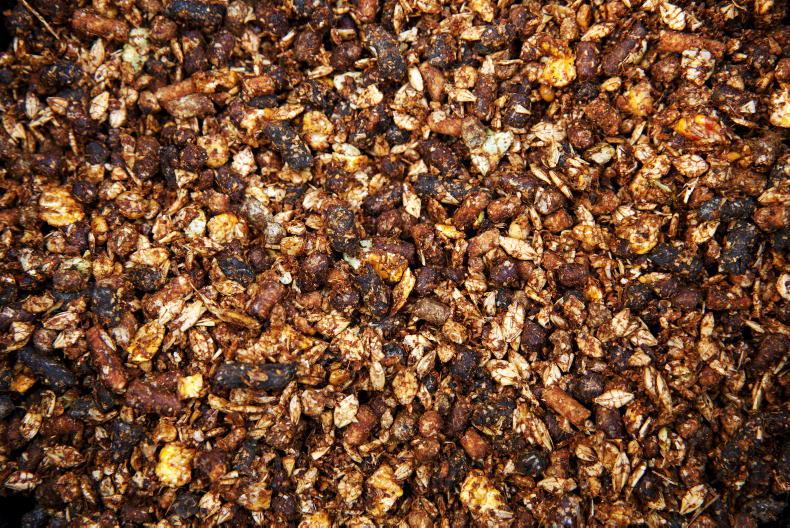Irish Farmers' Association (IFA) deputy president Brian Rushe has welcomed the Department of Agriculture beginning to issue advance Basic Payment Scheme (BPS) monies, but called for more action on tackling forestry licensing backlogs after a charter of rights meeting.
Rushe acknowledged the 70% rate of advance payments by reiterating the importance of BPS cash to farm incomes and welcomed the Department’s plans to issue Fodder Support Scheme funds in November.
Any Department requests for supporting paperwork should be submitted by farmers as soon as possible to avoid any holdup of payments, Rushe said.
Documentation
“I would urge any farmer who has received this request for evidence to submit the required documentation to the Department as soon as possible in order to avoid any delay in payments being issued next month,” commented Rushe.
The charter of rights sets out the Department’s customer service objectives and will need to be revised with the start of the new CAP plan next January.
These charter negotiations should begin as soon as possible, according to the IFA deputy leader.
Forestry licenses
Rushe criticised the Department’s handling of forestry license applications, stating that forestry delays had diminished farmer confidence in establishing woodland.
“The ongoing fiasco relating to forestry licensing has eroded all confidence of farmers in the sector. The massive delays in issuing licences are unacceptable.
"Unless it’s addressed, we are not going to see any meaningful level of planting take place in future years,” he said.
According to the IFA, only 7% of tree-felling licences and 18% of afforestation licences were granted within the charter timeframes.
TAMS costs
IFA rural development chair Michael Biggins noted the Department’s upcoming review of TAMS reference costs.
Biggins urged the Department to ensure the scheme’s reference costs are reflective of farmers’ investment costs.
“Farmers have been forced to work with out-of-date reference costs, which are not reflective of the soaring cost of works and associated materials.
"It’s essential that the new costings keep pace with these changes to allow farmers receive a grant relative to the cost of investment incurred,” he said.









SHARING OPTIONS